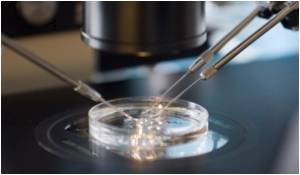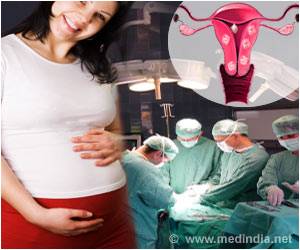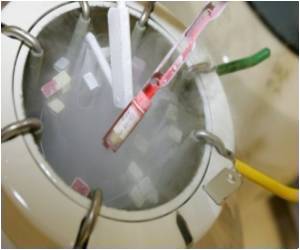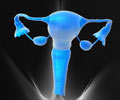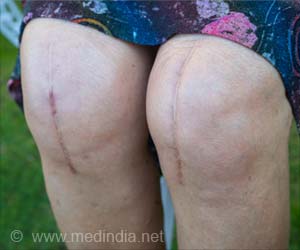A new fertilization treatment called as the 'three parent IVF' has been developed which involves the transfer of human genetic material between two fertilized eggs.
A new fertilization treatment called as the 'three parent
IVF' has been developed which involves the transfer of human genetic material
between two fertilized eggs. This controversial fertility treatment has been
developed at the Newcastle University. The Human Fertilization and Embryology
Authority has been asked to assess this in-vitro fertilization treatment.
The treatment aims at helping couples with mitochondrial diseases which can
lead to fatal heart problems, liver failure, brain disorders, blindness and
muscular weakness. Couples who are at a risk of passing on these serious
inherited disorders to their offsprings can have a healthy child with this
treatment. The technique swaps DNA between two fertilized human eggs. Malfunctioning
mitochondrial DNA are removed by intervening in the fertilization process.
Nuclear DNA is removed from the embryo within a day of uniting egg and sperm
using IVF. It is then implanted into a donor egg, whose nucleus has been
removed and discarded. Thus the resulting embryo inherits nuclear DNA (or
genes) from both its parents. Only the mitochondrial DNA is from a second 'mother'
who donated the healthy egg. For the using this technique new legislation is
required.
Source-Medindia
